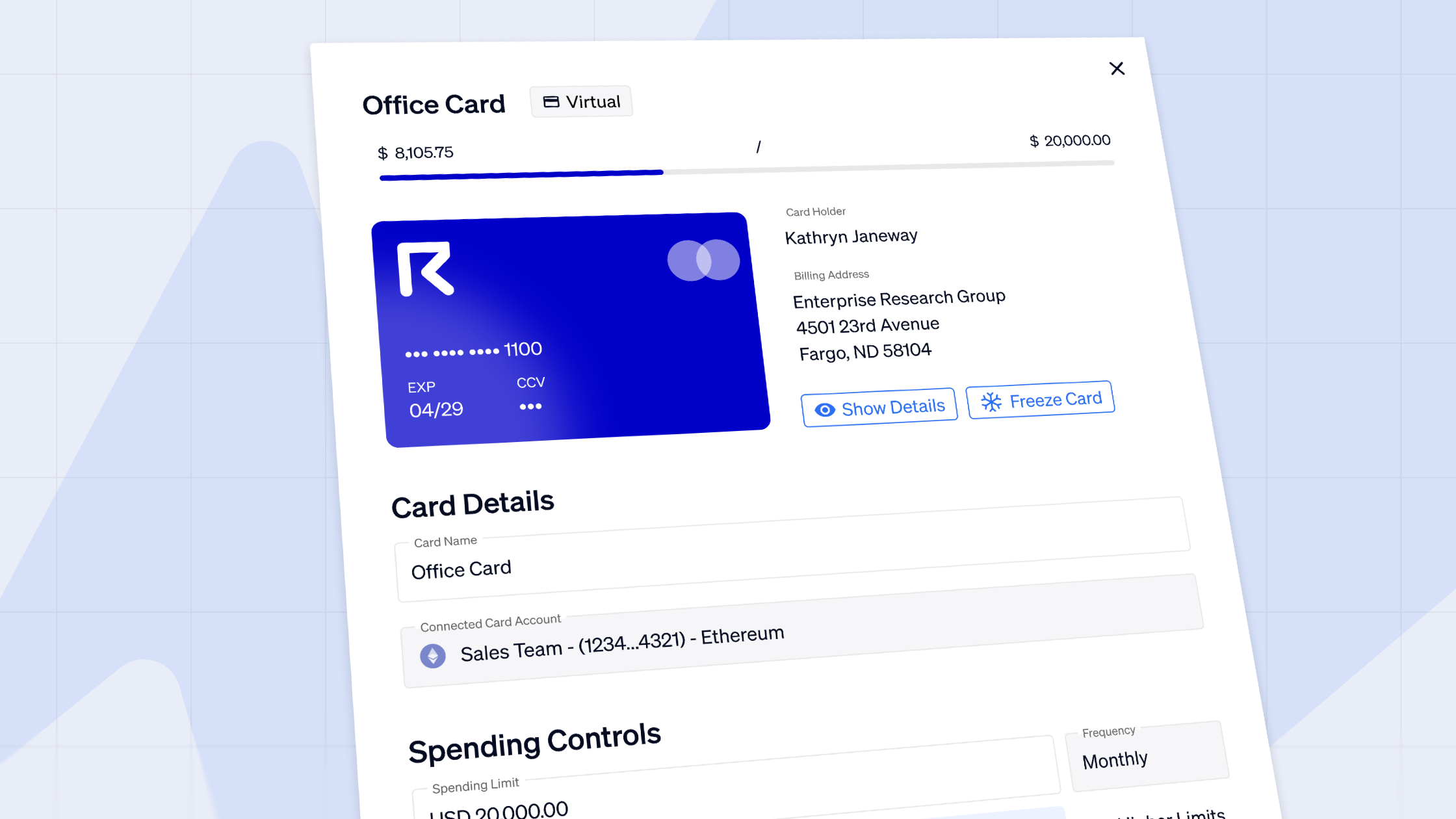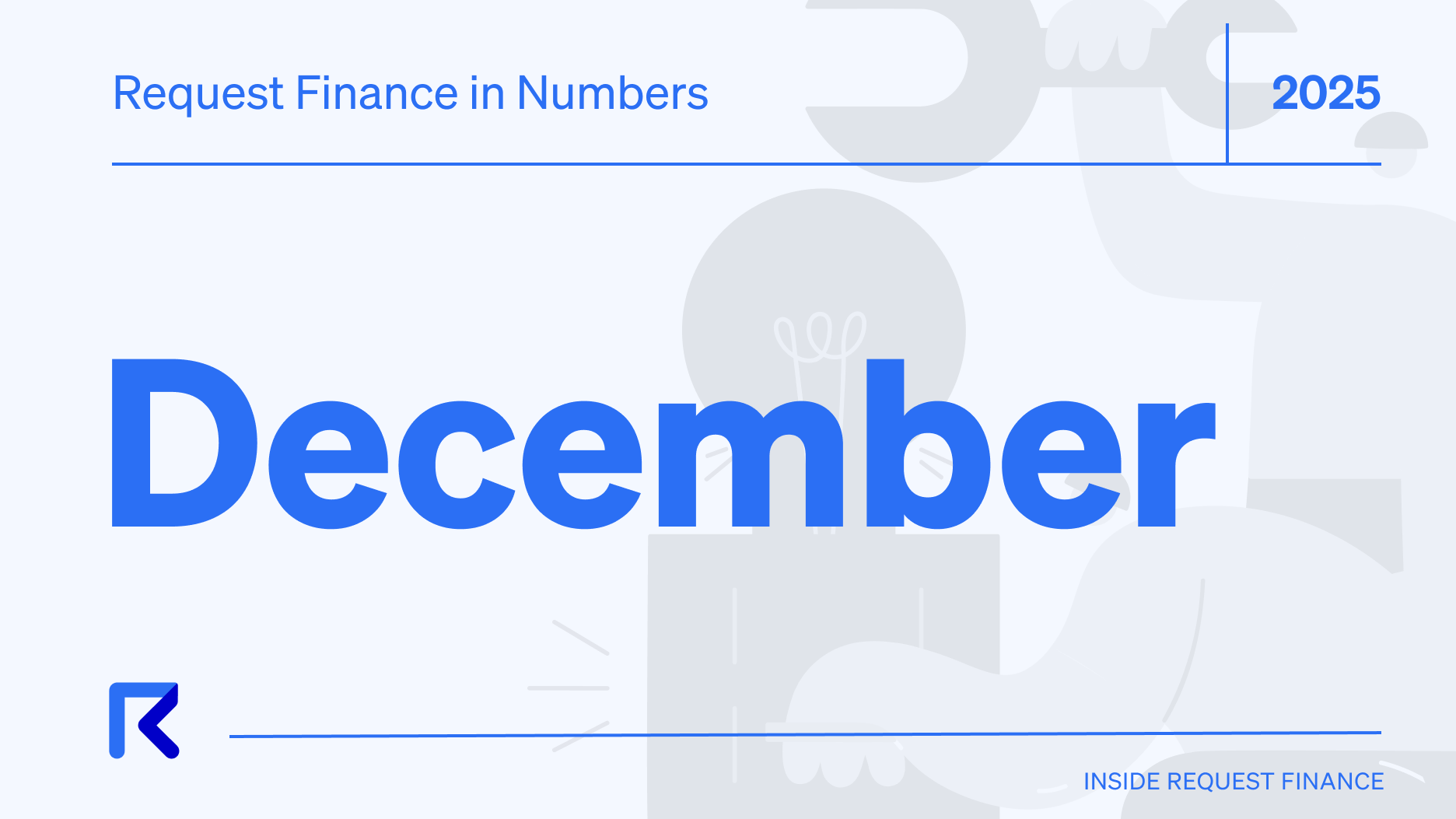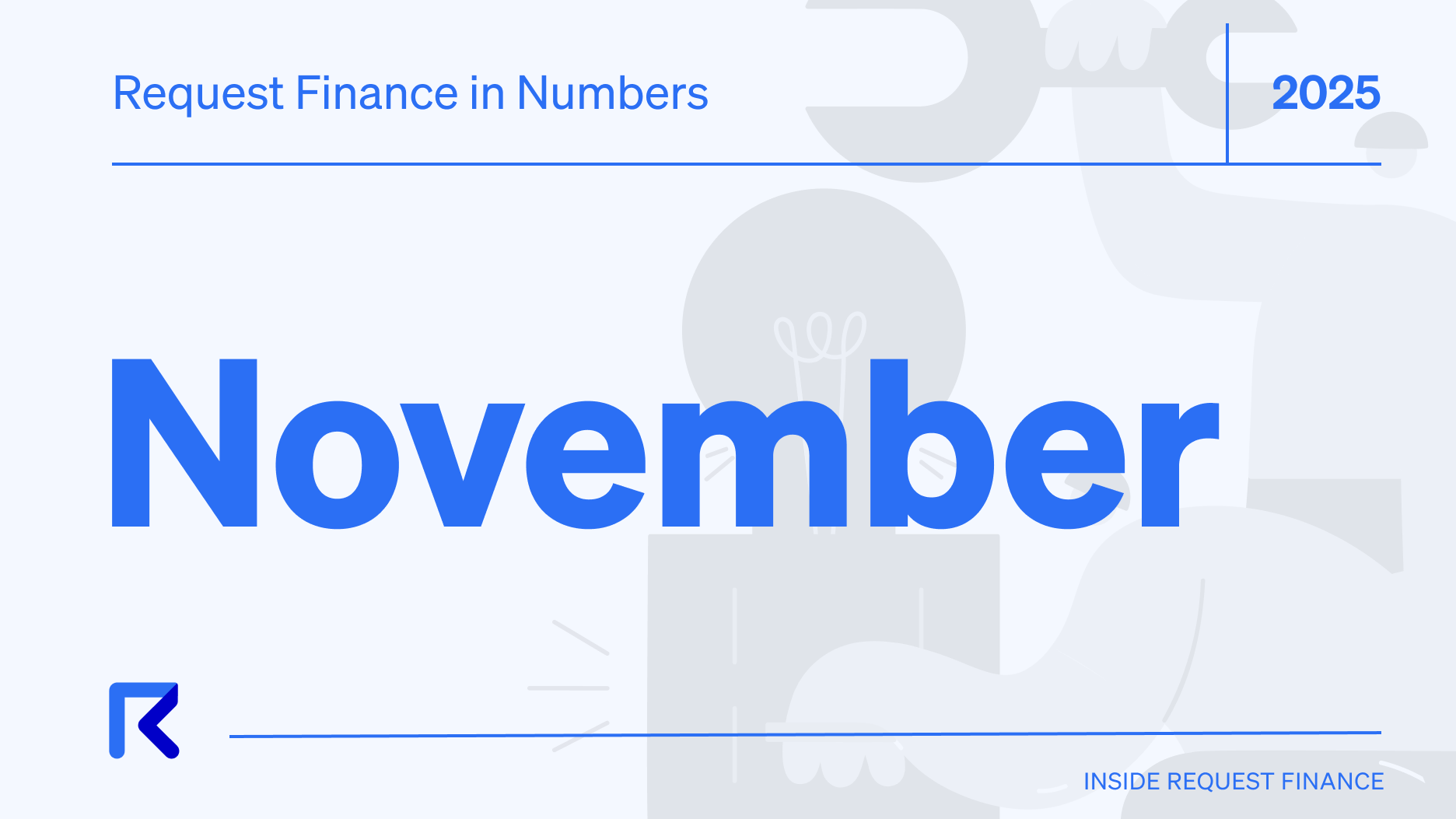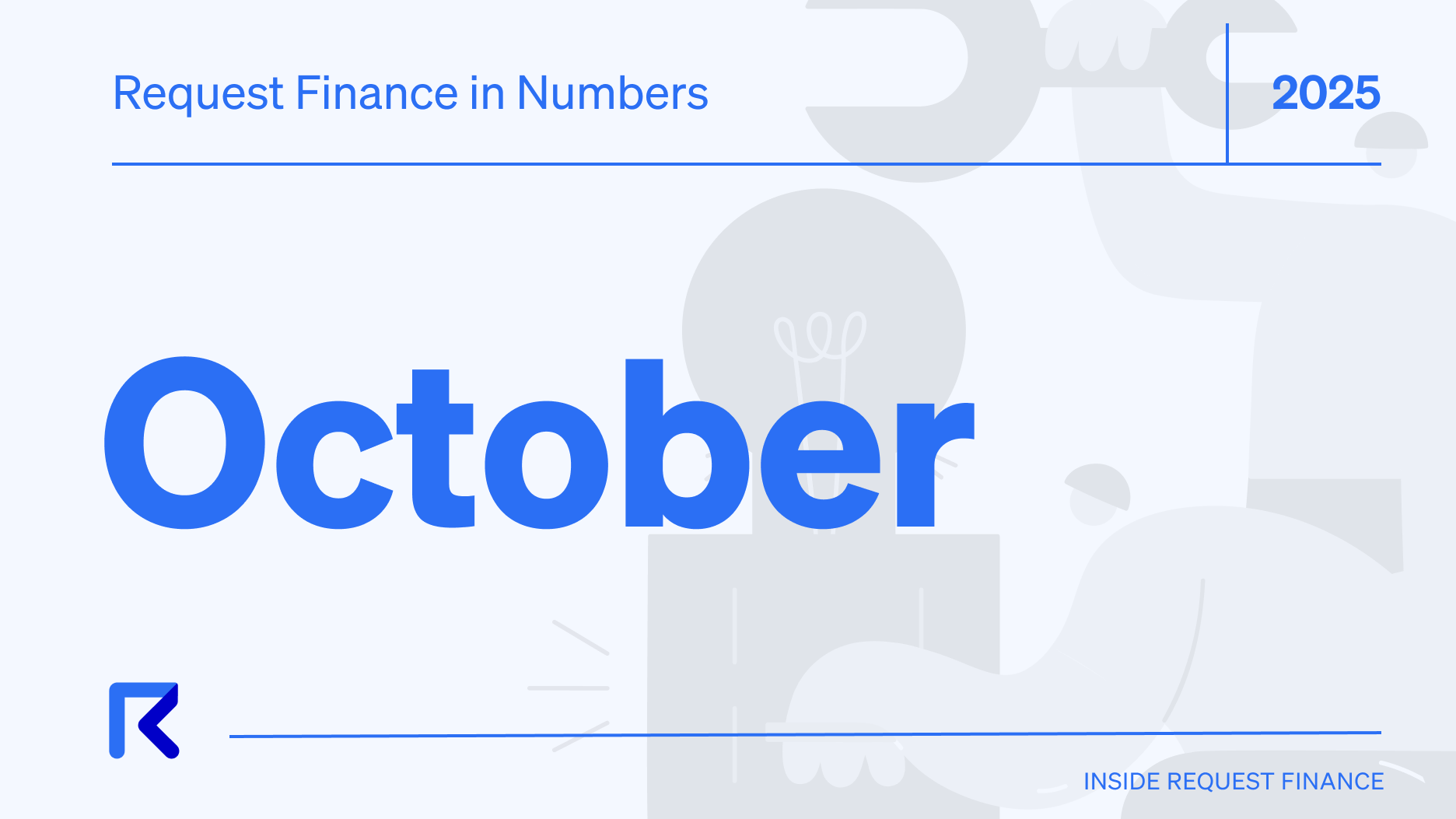Has the Bear Market Killed Freelancing for Web3 in 2023?
Regardless of the bear market, if you can stay focused on the fundamentals, freelancers will find themselves well positioned to ride the next Web3 bull run.

“My big feeling was I just missed it, I missed the whole thing. It had happened in the ’80s, and I got here too late”.
That was Marc Andreessen in a 2014 interview with New York Magazine, reflecting on what the atmosphere was like when he arrived in Silicon Valley in 1994.
Little, it seems, has changed in 2023. Each time we enter a new crypto winter, headlines are suffused with news of layoffs, budget cuts, and general despair. But as Marc Andreessen discovered, betting on the end of technological progress is usually a bad idea.
If you’re a freelancer, Web3 is possibly one of the single biggest transformations for decades to come since the introduction of the Web2 internet. Regardless of the bear market, if you can stay focused on the fundamentals, freelancers will find themselves well positioned to ride the next Web3 bull run.
Here’s a freelancer’s guide to Web3 in 2023.
What is Web3 exactly?
Web3, also known as the decentralized web, is seen as the next evolutionary stage of the internet. It is a network of decentralized applications (dApps) and protocols that are built on blockchain technologies. These dApps and protocols allow for greater ownership and innovation in the internet economy, as well as new opportunities for decentralized collaboration and communication.
Cryptocurrencies and tokenized assets are simply ways to represent and transfer ownership of value online. Having internet-native, programmable assets and currencies can transform a wide range of industries: from financial services, to social media. The total size of tokenized illiquid assets, including real estate and natural resources could reach $16.1 trillion by 2030, according to a 2022 report released by the Boston Consulting Group (BCG). But most importantly of all, the shift in how we can create value in the internet economy from Web2 to Web3, is opening up new opportunities for freelancers.
How Web3 is shaping the future of freelancing
As the Web3 ecosystem continues to grow, we are seeing a significant increase in the number of freelancers and independent contractors finding work in this space. Why is this happening?
Let’s look at two ways Web3 is creating new jobs for freelance workers.
1. Decentralization of work

For one, the ethos of decentralization in Web3 has opened up new opportunities for freelancers to work on projects that are run by organizations like DAOs, that are more open, and globally-distributed.
In the past, companies tended to hire locally, before expanding globally. This process takes years, if not decades. And while the internet shortened the time it took for companies to do business abroad, talent acquisition largely remained local. Only a limited range of low-value work was outsourced to freelancers.
In contrast, many teams and organizations in Web3 are born global. Not only are Web3 teams more willing to hire from anywhere, they are also more likely to do so even for higher value work like technical roles. This is transforming how we think about the jobs associated with freelancing, blurring the boundaries between freelancers, and core team members.
The fact that the boom in Web3 coincided with a global pandemic also normalized remote work across the globe. It made it harder to distinguish between freelancers and full-timers on the basis of whether they had a desk in the office.
Globally, remote work is expected to grow from $20.1 billion in 2022 to $58.5 billion in 2027, as Research and Market report shows. Web3 is a key driver of this. Remote work is the norm for many successful blockchain companies including Chainalysis, Anchorage Digital, and more. As many as 45% of blockchain-related jobs advertised on Indeed.com are listed as remote. That’s nearly triple the global average of 16% across employment sectors.
2. Decentralized finance

Financial services are critical to freelancers - especially those who enjoy living as digital nomads. Being able to receive payment, invest, and spend from anywhere in the world is a big part of being able to live and work as a global citizen.
But the lack of globally-available financial services in the traditional world has limited the freedom of freelancers to work from anywhere, or engage clients globally - until recently.
One trend that we are seeing in the Web3 space is the rise of decentralized finance (DeFi) projects. These projects are creating new financial services that are built on blockchain technology and are run as open-source, smart contract based platforms.
From payments, to fixed income products, DeFi innovations like stablecoins and smart contract escrow apps enable a new generation of freelancers to have access to financial services no matter where they are, with just an internet connection.
On the other hand, it has also allowed organizations to be able to draw from a global pool of freelancers they can engage, without worrying about how to pay them.
This has led to a significant increase in the number of freelance developers, designers, and marketers working on DeFi projects.
Ready to Supercharge Your Crypto Accounting?
Stop wasting time, manually creating journal entries. Automate your accounting now, and enjoy error-free reporting
Learn how to scale your company's crypto & fiat financial operations
Your financial complexities are our specialties. Schedule your free consultation today and discover how Request Finance can transform your financial operations
Simplify crypto and fiat financial operations today
Rely on a secure, hassle-free process to manage your crypto invoices, expenses, payroll & accounting.
Opportunities for freelancers in Web3
Thanks to these trends in Web3, there are a number of emerging opportunities for freelancers to find work in Web3. Broadly speaking, freelancers can expect to find both technical, and non-technical roles.
There continues to exist a serious shortage of talent in the crypto space. On the technical side of the house, it is hard to find qualified blockchain and smart contract developers. On top of that, there are not many professionals with a strong knowledge of blockchain for non-technical roles like marketing and sales.
Common technical roles for freelance software developers include:
Developing and designing decentralized applications (dApps) and protocols.
At the infrastructure level, there are still many interoperability and scalability issues to be addressed before blockchain-based financial services can become a serious contender to existing legacy financial technologies. Working with project teams solving for these, or developing solutions that address some of these mission-critical challenges remains in demand.
Additionally, there are few dApps that have truly been designed to gain mass adoption by abstracting away many of the complexities that hinder their widespread use.
Smart contract audit, or bug bounty hunting
Every month seems to bring about a new hack or exploit, from flash loans, to bridge exploits, or simply compromised wallets. Security vulnerabilities erode consumer confidence in DeFi platforms - and the demand for freelancers who can ensure the integrity of smart contract platforms, and dApps will only continue to grow.
Popular non-technical roles include:
Creating and managing decentralized communities and networks.
Community growth and management is perhaps one of the most unique roles to have emerged in Web3. These roles are a combination of several traditional roles like customer success, investor relations, and growth marketing. Projects that can successfully build and engage a large and active community of users, investors, and developers will outlast those that are stuck with Discord ghost towns of airdrop hunters.
Providing specialized consulting and advisory services to companies and organizations in the Web3 space.
Much of Web3 is comprised of relatively young, and inexperienced innovators. What this often means is that there is a need for advisors who are able to take specialized knowledge of fields like corporate law, finance and accounting, or even organizational design, and apply them to emerging verticals in Web3.
The reverse is also true, as forward-looking organizations and brands in traditional industries look to experiment with leveraging Web3 technologies, and require advisors who can speak the language of both domains fluently.
Writing and producing content for decentralized platforms, or exchanges and marketplaces.
Web3 is a complex, interdisciplinary subject. It covers fields such as economics and finance, cryptography and information systems, the social sciences, and whatever domain to which the technology is applied.
The need for content creators, marketing experts, who can help projects reach the masses is unlikely to go away. In fact, as poor quality projects get flushed out in the bear market, the signal to noise ratio in online improves. The projects that remain are only likely to want to take the opportunity to make themselves heard.
Creating artworks for media-rich Web3 verticals like NFT art, entertainment, or gaming
Yes, NFT art may have been a bubble, and play-to-earn appears to have largely imploded under the crushing weight of their own ponzinomics. However, despite the deflated enthusiasm surrounding the metaverse in 2023, it is well worth remembering that the hardware and software stack of immersive platforms like VR and AR have only just begun to mature.
Additionally, media-rich verticals like fashion, art, entertainment and gaming have been thriving industries for as long as humanity has existed. How they successfully integrate Web3 technologies is only beginning to be explored.
Be greedy when others are fearful
The legendary value investor, Warren Buffett famously said, to be “fearful when others are greedy, and greedy when others are fearful.”
Despite the correction in asset prices, Web3 continues to be an exciting and growing ecosystem that is creating new opportunities for freelancers. If you are a curious freelancer looking to find work in this space, explore the trends and opportunities in Web3 and consider how your skills and expertise can be applied to various areas to create value in this ecosystem.
The bear market may have made it harder for freelancers to be hired as quickly or be paid insane fees for doing very little work. But the departure of freeloaders, and tourists is a good thing for freelancers who are determined to stay on.
Since launching in January 2021, Request Finance has helped over 2,300 remote teams manage over $273 million in invoices, payroll and expenses paid in crypto. Learn how it can help freelancers like you simplify invoicing your clients, and getting paid in crypto today.
Crypto finance tips straight to your inbox
We'll email you once a week with quality resources to help you manage crypto and fiat operations
Trending articles
Get up to date with the most read publications of the month.
Our latest articles
News, guides, tips and more content to help you handle your crypto finances.











